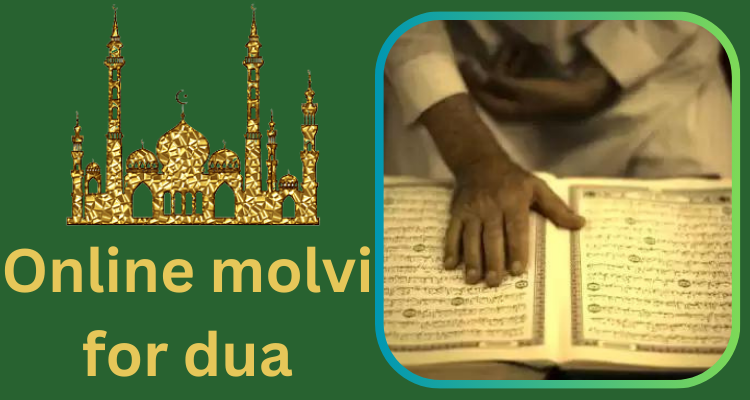In the realm of love and marriage, challenges are inevitable. Couples may find themselves standing at the crossroads of divorce, facing emotional turmoil and uncertainty. In such trying times, individuals often seek solace and guidance from various sources, including spiritual and religious practices. One such practice deeply rooted in Islamic tradition is Istikhara. In this blog, we will explore the significance of Istikhara in the context of preventing divorce, shedding light on its spiritual essence and how it can be a powerful tool for relationship healing.
Understanding Istikhara
Istikhara is a unique and sacred Islamic practice aimed at seeking guidance from Allah in making important life decisions. The word ‘Istikhara’ itself is derived from the Arabic root ‘khayr,’ meaning good, and it involves seeking goodness and guidance in matters that concern us deeply. While it is commonly associated with decision-making regarding personal or professional matters, Istikhara is equally applicable to relationships, including the delicate situation of contemplating divorce.
The Process of Istikhara
- Pure Intentions: Before embarking on Istikhara, it is crucial to purify one’s intentions. The supplicant must sincerely seek Allah’s guidance with a pure heart, devoid of personal biases or desires.
- Performing Ritual Prayers: Istikhara involves a special prayer, usually performed after the obligatory prayers. The individual seeking guidance recites a specific dua (prayer) that Prophet Muhammad (peace be upon him) taught to his followers. This dua is a humble plea to Allah, asking for guidance and clarity in the matter at hand.
- Patience and Observance: Following the prayer, the individual patiently awaits signs or feelings that may indicate Allah’s guidance. These signs could come in the form of dreams, intuitive feelings, or changes in circumstances.
The Spiritual Significance
Istikhara is grounded in the belief that Allah, the All-Knowing and All-Wise, has the ultimate knowledge of what is best for His creations. By seeking His guidance through Istikhara, individuals surrender their decisions to the divine wisdom, acknowledging their limited understanding of the complexities of life.
Preventing Divorce through Istikhara
- Reconnecting with Allah: In times of marital crisis, it is common for individuals to feel lost and disconnected. Istikhara serves as a spiritual anchor, allowing couples to reconnect with their faith and seek divine intervention in their relationship.
- Clarity of Decision: Divorce is a life-altering decision, impacting not only the individuals involved but also their families and communities. Istikhara provides a pathway to gain clarity and insight, helping couples make decisions that align with Allah’s will.
- Strengthening Patience and Resilience: The process of Istikhara emphasizes patience and trust in Allah’s timing. By practicing patience and resilience, couples can navigate through challenges with a strengthened resolve to overcome obstacles and salvage their marriage.
- Communication and Understanding: Istikhara is not a substitute for practical efforts. It encourages couples to engage in open communication and understanding, fostering an environment where both partners actively participate in resolving issues and rebuilding their relationship.
- Healing Emotional Wounds: Divorce often leaves emotional scars. Istikhara, coupled with sincere repentance and seeking forgiveness, can contribute to the healing of emotional wounds. The process encourages individuals to reflect on their actions, seek forgiveness from Allah, and extend forgiveness to their partners.
- Resorting to Professional Help: While Istikhara is a powerful spiritual practice, it does not negate the importance of seeking professional advice. Couples facing the prospect of divorce can benefit from counseling and therapy, addressing underlying issues with the help of trained professionals.










